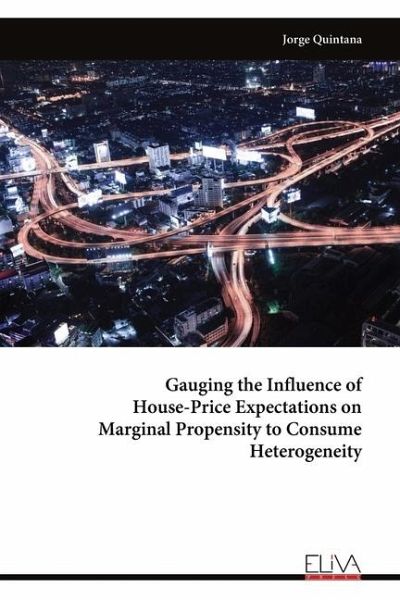
Gauging the Influence of House-Price Expectations on Marginal Propensity to Consume Heterogeneity
Versandkostenfrei!
Nicht lieferbar
This study identifies a new determinant of household marginal propensities to consume (MPC): house-price growth expectations. We exploit a detailed and representative data set of Dutch households that allows us to link housing and savings decisions with house-price growth expectations and monetary policy shocks. We document a positive empirical relationship between expected house-price growth and the propensity of households to move-both unconditionally and in response to monetary policy shocks. We explain this pattern using a structural life-cycle model of consumption and savings that feature...
This study identifies a new determinant of household marginal propensities to consume (MPC): house-price growth expectations. We exploit a detailed and representative data set of Dutch households that allows us to link housing and savings decisions with house-price growth expectations and monetary policy shocks. We document a positive empirical relationship between expected house-price growth and the propensity of households to move-both unconditionally and in response to monetary policy shocks. We explain this pattern using a structural life-cycle model of consumption and savings that features mortgage-financed owned- and rental-housing, and where households have subjective beliefs about future house prices. Due to the housing capital gains channel, households with higher expectations have a higher likelihood of moving. This in turn, leads to higher average and more heterogeneous MPCs, as housing is complementary to non-durable consumption. These results carry over to the rebate coefficients (RC) from government stimulus transfers. Low-expectation households tend to have low and insensitive RCs, while high-expectation households exhibit higher and more dispersed RCs, both per stimulus package and across stimulus sizes.











